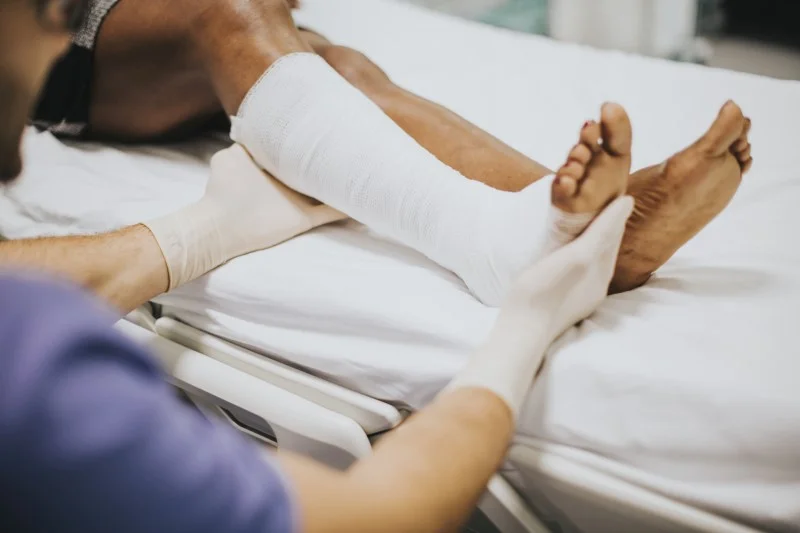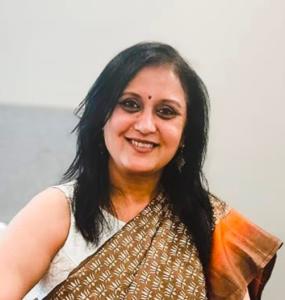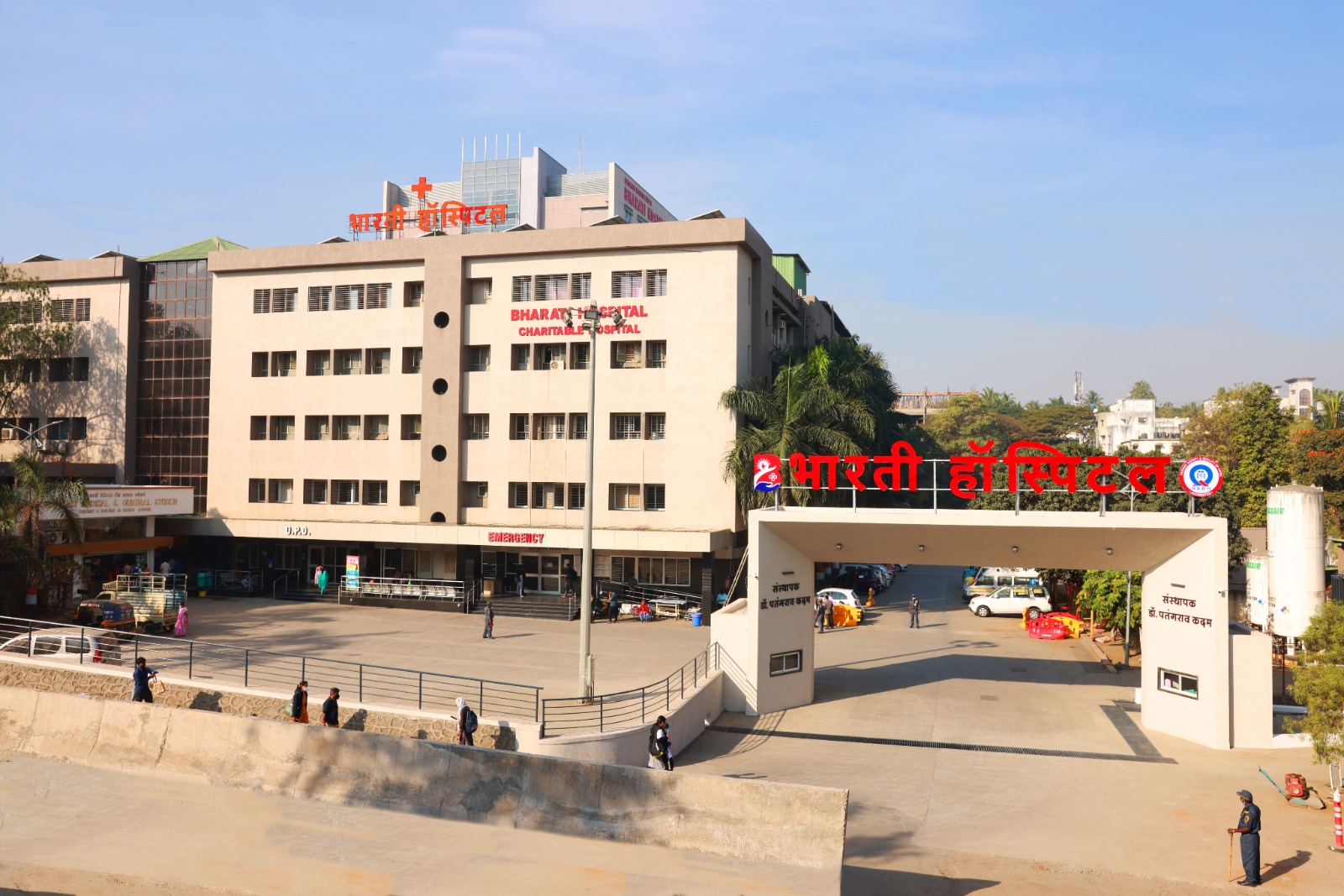Introduction
When it comes to orthopedic care, one size does not fit all. Each individual is unique, with varying orthopedic conditions, ages, lifestyles, and overall health. That’s why personalized care has become increasingly significant in the field of orthopedics. By tailoring treatments to the individual, orthopedic specialists can achieve more effective outcomes and improve patient satisfaction.
In this article, we will delve into the importance of personalization in orthopedic care, explore advanced diagnostic tools for personalized assessment, discuss tailoring non-surgical interventions, explore personalized surgical approaches, and highlight the role of rehabilitation in personalized care.
Section 1: The Importance of Personalization in Orthopedic Care
Orthopedic conditions can vary greatly among individuals. Some patients may have an acute injury, such as a fractured bone, while others may suffer from chronic conditions like arthritis. Age, lifestyle, and overall health also play a significant role in orthopedic treatment plans.
For example, the treatment approach for a young athlete with a torn ligament will differ from that of an elderly person with degenerative joint disease. By tailoring treatment to each individual’s specific needs, orthopedic specialists can address the unique challenges that arise from these variations.
Section 2: Advanced Diagnostic Tools for Personalized Assessment
Modern diagnostic tools have revolutionized the field of orthopedics, providing comprehensive insights into a patient’s condition. Imaging technology, such as X-rays, MRIs, and CT scans, allows orthopedic specialists to visualize bone fractures, ligament tears, and joint abnormalities. Genetic testing has also emerged as a valuable tool, helping identify genetic predispositions to certain orthopedic conditions.
Additionally, biomechanical assessments aid in understanding how an individual’s movement patterns and joint mechanics contribute to their orthopedic condition. Accurate diagnosis is the foundation for tailoring treatment plans and these advanced diagnostic tools have significantly improved the precision of orthopedic care.
Section 3: Tailoring Non-Surgical Interventions
Orthopedic care is not solely dependent on surgery. Many conditions can be effectively managed through non-surgical interventions. Personalized non-surgical treatment plans may include physical therapy routines, exercise programs, and lifestyle modifications. For instance, a patient with chronic back pain may benefit from a tailored physical therapy routine that focuses on core strengthening and ergonomics.
By avoiding surgery when appropriate and customizing non-surgical interventions, orthopedic specialists can minimize the risks associated with invasive procedures and provide patients with alternative options for pain relief and functional improvement.
Section 4: Personalized Surgical Approaches
While non-surgical interventions are valuable, there are cases where surgery becomes necessary. Fortunately, advancements in surgical techniques have enabled orthopedic specialists to deliver personalized surgical approaches. Joint-preserving surgeries, such as arthroscopy, can help delay the need for joint replacements and preserve the natural joint as much as possible. Minimally invasive procedures offer smaller incisions, reduced scarring, and faster recovery times.
Patient-specific implants, created using advanced imaging and 3D printing technologies, ensure a precise fit and better long-term outcomes. These personalized surgical approaches take into account the unique needs of each patient, resulting in improved surgical outcomes and patient satisfaction.
Section 5: Integrating Rehabilitation into Personalized Care
Rehabilitation plays a crucial role in the success of orthopedic treatment. After surgery or non-surgical interventions, customized rehabilitation plans promote full recovery and restore functional abilities. These plans include specific exercises and recovery milestones tailored to each individual’s condition.
For example, a patient recovering from knee replacement surgery will follow a targeted rehabilitation program focusing on strengthening the quadriceps and improving the range of motion. Rehabilitation not only speeds up the recovery process but also enhances the long-term success of orthopedic interventions, leading to improved quality of life.
Conclusion:
Personalized care is the key to optimal outcomes in orthopedics. By tailoring treatments to the individual, orthopedic specialists can address the unique needs and variations that exist among patients. Advanced diagnostic tools comprehensively understand each patient’s condition, enabling accurate diagnosis and personalized treatment planning.
Non-surgical interventions and surgical approaches are customized to meet the specific needs of each patient, maximizing effectiveness and minimizing risks. Rehabilitation completes the personalized care journey, ensuring long-term success and improved quality of life.
When it comes to personalized orthopedic care, Bharati Hospital stands out as a leading provider. With experienced specialists, state-of-the-art facilities, and a commitment to personalized care, Bharati Hospital is dedicated to delivering the best orthopedic care possible.
“Choose personalized orthopedic care for optimal outcomes. Visit Bharati Hospital, the leading Orthopedic Hospital in Pune, where your unique needs are our top priority.”
Contact us at 020-40555555 or visit our website Bharati Hospital to learn more and schedule a consultation.






